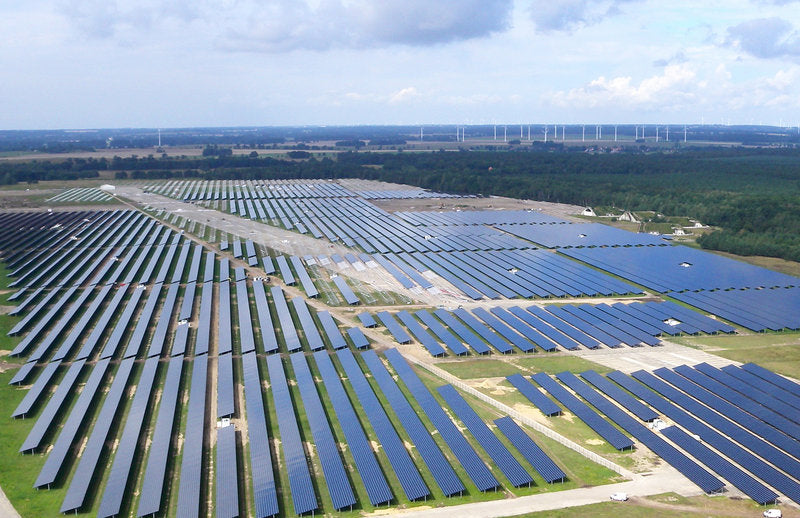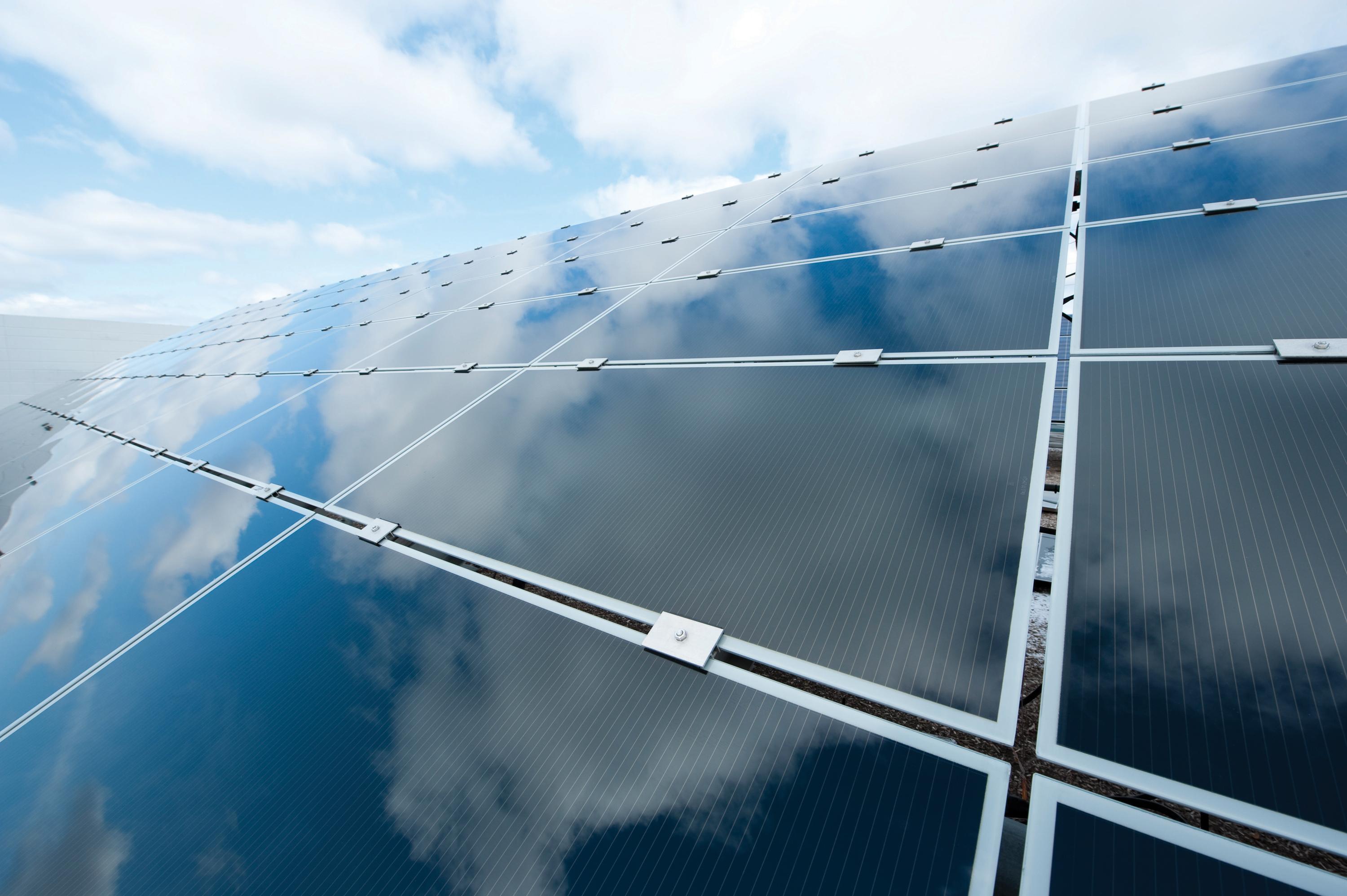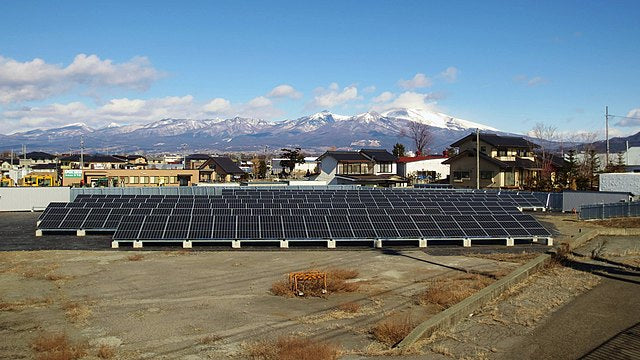It is possible to recycle your old solar panels. Homeowners and businesses alike will want to understand that while recycling e-waste (electronic waste) such as solar panels is possible, it isn’t always straightforward. Businesses have a responsibility to focus on sustainability initiatives, and recycling e-waste is certainly a worthwhile consideration, particularly when some businesses fall back on greenwashing instead of practising eco-friendly values. Understanding how solar panels work is only the beginning of the recycling process.
How are solar panels recycled?
The solar panel recycling process is rather complex, as solar panels are built to last many years. The average lifespan is designed for 25 years, but many systems will last longer, albeit not at the same capacity. Solar panel systems degrade over time, and multiple factors can either slow down or speed up this process. When proper maintenance is in place, solar panel systems last decades. However, storms, heat, humidity, and even lack of maintenance wear the system out faster. As businesses and homeowners alike begin to update and upgrade solar systems, recycling becomes more and more of a top priority. When solar panels are recycled, the first step in the process is to deconstruct them to retrieve the materials.
Ways solar panels can be recycled
There are a few different ways that solar panel recycling can be approached. Panels can be refurbished or reused, or they can be deconstructed and repurposed entirely.
Reusing and refurbishing
Reusing solar panels as-is takes some reconfiguration, but it can extend the life of the parts and thus keep them out of landfills. Refurbishing is a much more intensive process, as all components have to be examined for their current function. Each component is repaired and brought back up to high capacity.
Mechanical recycling
The plastic aspects of solar panels are handled well by mechanical recycling, which focuses on separation and other advanced recycling techniques. Broadly speaking, the mechanical recycling of solar panels breaks each panel down and recycles its individual parts; these include metal, glass, wiring, copper, and other materials. These recycled parts are then crushed into small pieces and ground into sand-like material at recycling facilities. This material undergoes a magnetic separation process that strips the metals away from the substance, which can then be reused to make glass, insulation, and more.
Chemical recycling
One of the most fascinating aspects of the entire recycling process is chemical recycling. It’s a broad term, but it’s picking up steam as companies look at how to use plastics and other materials differently. Chemical recycling breaks down the polymers in plastic pollution into monomers which can then be re-polymerised into new material to later be used in new products. Solar panels feature plastic in areas such as their braces and other attachments. The specific chemical recycling process varies around the globe, but the three primary methods are purification, decomposition, and conversion. Any plastics that cannot be recycled undergo pyrolysis, the process of converting non-recycled plastic garbage into synthetic crude oil that can be processed into gasoline.
Is recycling solar panels worth it?
For those looking at a solar power system to do their part in relying more on renewable sources of energy, recycling solar panels is worth it. The process allows for new life out of old parts, and lowers the overall cost over time. Sustainability isn’t just about adopting renewable energy measures as alternatives to fossil fuels; recycling is a big part of sustainability as well. Learning where to dispose of old solar panels is not just important for your community; it even impacts the whole planet. SOLARPARTS has been adhering to the business philosophy of "returning the earth to a clean place ". And in the recycling of solar panels, SOLARPARTS still has a long way to go.



